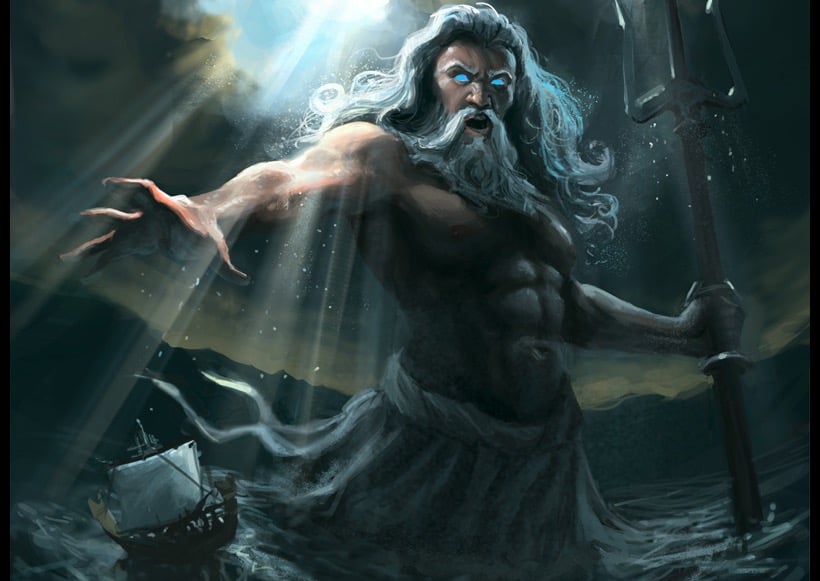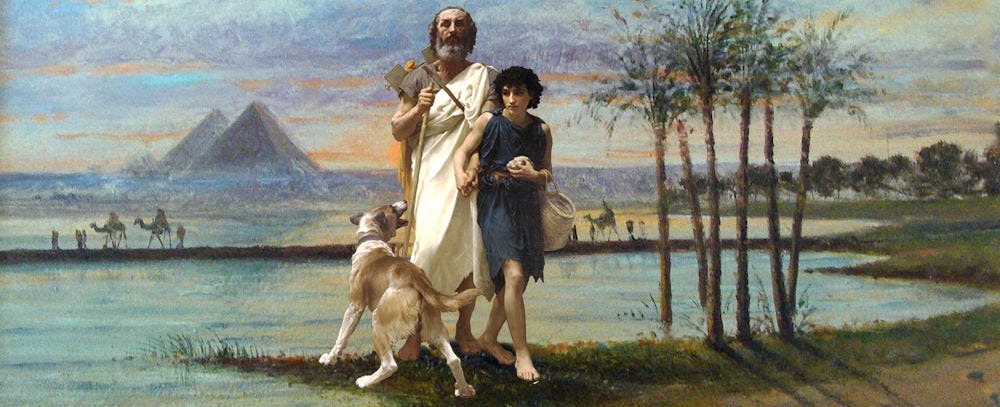

In bringing about the tenth and final plague, God said, “Against all the gods of Egypt I will execute judgment: I am the L ord” (Exodus 12:12).īy considering which of the known Egyptian gods can be related to each of the plagues, we can begin to understand how God’s judgment was accomplished.

At the time of the liberation of the children of Israel, Yahweh made clear the difference between the worship of the creature and of the Creator. According to the Creator God, however, dependence on objects of worship that are copies of the created world is a futile pursuit. and that exclusivism in religion was foolish the wise person tried to understand and benefit from all the worship he could manage of as many gods as he could get to know.”ĭouglas Stuart, “Exodus, Book of” in Lexham Bible Dictionaryīecause much of nature could be a manifestation of the divine, multiple gods were perhaps inevitable in Egypt’s pagan society. Even though a festival dedicated to Yahweh followed the casting of the “molten calf” (verses 4–5, New American Standard Bible), was it the people’s ready familiarity with Egypt’s many deities that promoted this sudden lapse? They have made for themselves a golden calf and have worshiped it” (Exodus 32:7–8, English Standard Version).

Is this why so soon after leaving Egypt under God’s hand, they easily induced even Aaron to build them a metal idol? In Moses’ absence for about six weeks as he received the Ten Commandments, we are told the people “corrupted themselves. . . . While the idea of idolatry was to be alien to them, by the time of the Exodus, they had lived for centuries within Egyptian society, surrounded by multiple deities. The Israelites were not to fashion nor to prostrate themselves before such images or idols. The Second Commandment rules against creating or worshiping representations of such “gods,” whether their origin is earth, sea or sky (verses 4–5). This prohibits a relationship with any other (foreign) god. The First Commandment speaks to the exclusive relationship between God and His people: “You shall have no other gods before Me” (Exodus 20:3). Eventually, once they reached Mount Sinai on their journey from Egypt to the Land of Promise, they would receive the Ten Commandments in codified form, two of which relate to other gods. The defining of Egypt’s gods and goddesses as idols meant that Israel would stand out against all other nations in respect of whom they would worship. Because of this contrast, during the prelude to the Exodus their enslaved descendants in Egypt witnessed the power of the one true God over any other. The Hebrew forefathers of the children of Israel, on the other hand, knew only one God. The Egyptians worshiped thousands of gods, though only about 1,500 are known by name.


 0 kommentar(er)
0 kommentar(er)
